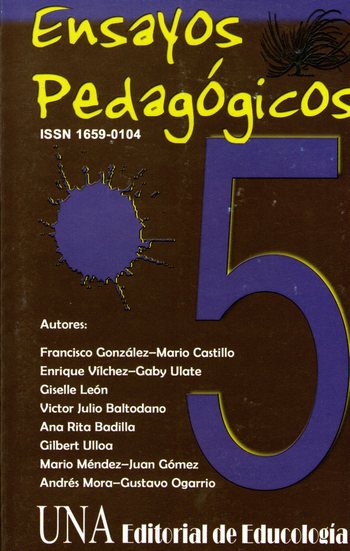Meaning and Obstacles of Innovative Work at School
DOI:
https://doi.org/10.15359/rep.5-1.4Keywords:
primary school education, innovationAbstract
This article addresses the meaning and factors that hinder educational innovation in a school, in this case the José Daniel Carmona Briceño Presbyterian School in Ciudad Carmona, Nandayure, Guanacaste. The main factors for this are time availability, budgetary problems, physical and emotional exhaustion, training, little or no systematization, schedules with little logical structure, lack of support from the authorities and, in general terms, a lack of a culture within primary education to innovate.
The importance of educational innovation is recognized as a fundamental element that generates meaningful learning, but, at the same time, that is difficult to be put it into practice. In the case of children, despite having a very positive image of their teachers, they point out that the excessive theoretical nature of the classes they receive discourages them. Therefore, it is urgent to implement actions that lead to more appealing and innovative classes.
Downloads
Published
How to Cite
Issue
Section
License
Ensayos Pedagógicos is subscribed to the Attribution-NonCommertial-NoDerivatives 4.0 International Creative Commons Licence, which allows both authors and readers to freely download, store, copy, and distribute the final approved publisehd version of the manuscript (post-print) as long as this is done without commercial purposes, no derivative works are generated, and the source and author are mentioned. As well, Ensayos Pedagógicos declares that authors will remain the rightful owners of the copyrights of their work in perpetuity.







